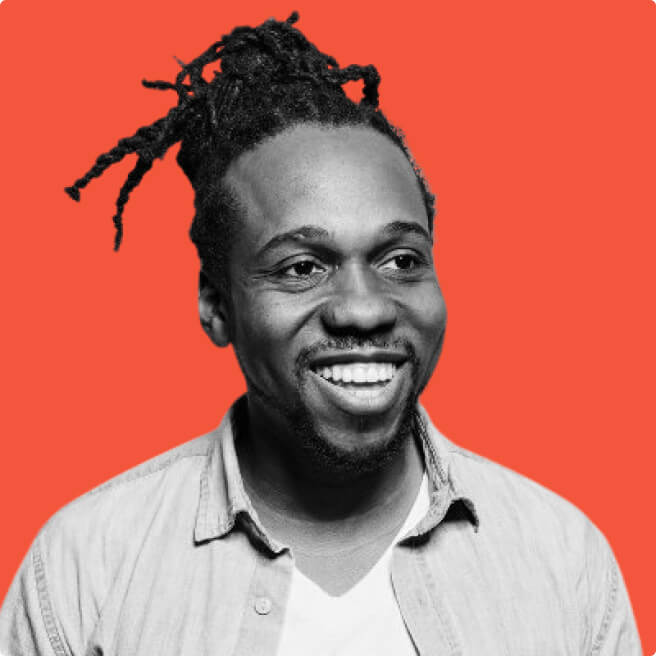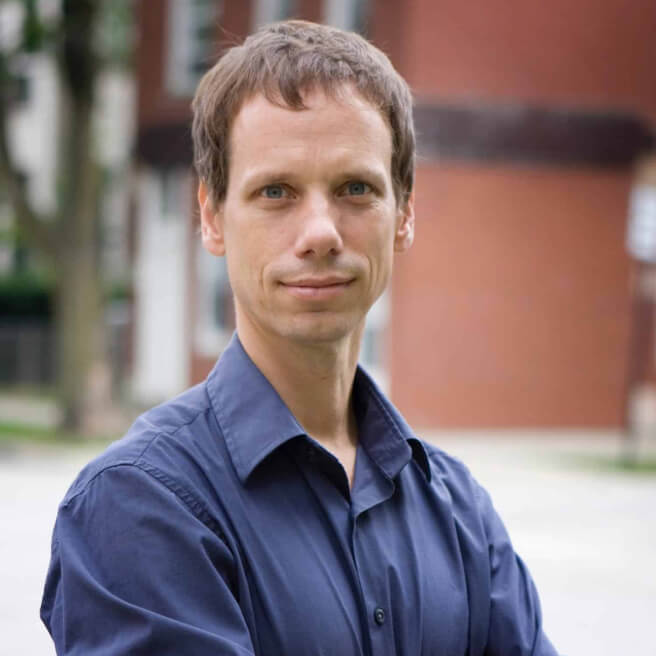The Next Move - Season 1
Episode 1: Making Meaning with Maurice Mitchell
Episode Summary
The pandemic has merged with this incredible moment of uprising, which is opening the opportunity to win real structural change for Black lives now. There’s nowhere to hide from a conversation about racism in America, and our collective agitation is a really good thing. Maurice Mitchell, the National Director of The Working Families Party and a leader in the Movement for Black Lives, shares more about this opportunity for mass education, the multi-racial coalition against white supremacy, the fight against cynicism, and the winning math of adding rather than subtracting.
Guest Bios

Maurice Mitchell
Maurice Mitchell (@mauricewfp) is the National Director of The Working Families Party and the co-founder of Blackbird, an anchor organization within the Movement for Black Lives.

George Goehl
At age 21, George Goehl walked into a soup kitchen to eat. Over time, he became an employee – first washing dishes and eventually helping run the place. Three years later, he was struck by seeing the same people in line as when he first arrived. He began to organize.
Today, George is the director of People’s Action, a multiracial poor and working class people’s organization. He leads one of the largest race-conscious rural progressive organizing efforts in the United States.
Following the financial crisis, George and National People’s Action mobilized more people into the streets than any other organization to demand accountability, help win Financial Reform, the Consumer Financial Protection Bureau, and secure mortgage relief.
The New York Times, The Washington Post, The Guardian, CNN, MSNBC and others have covered George’s organizing work.
Learn More
Learn More
- The Combahee River Collective Statement, written by Black feminist lesbians in 1977, remains vital to the work of ensuring that all Black lives matter.
- In The New Yorker, Keeanga-Yamahtta Taylor writes that “the quest to transform this country cannot be limited to challenging its brutal police.”
- Ta-Nehisi Coates elaborates on his own hope in this moment — and why 2020 is different from 1968.